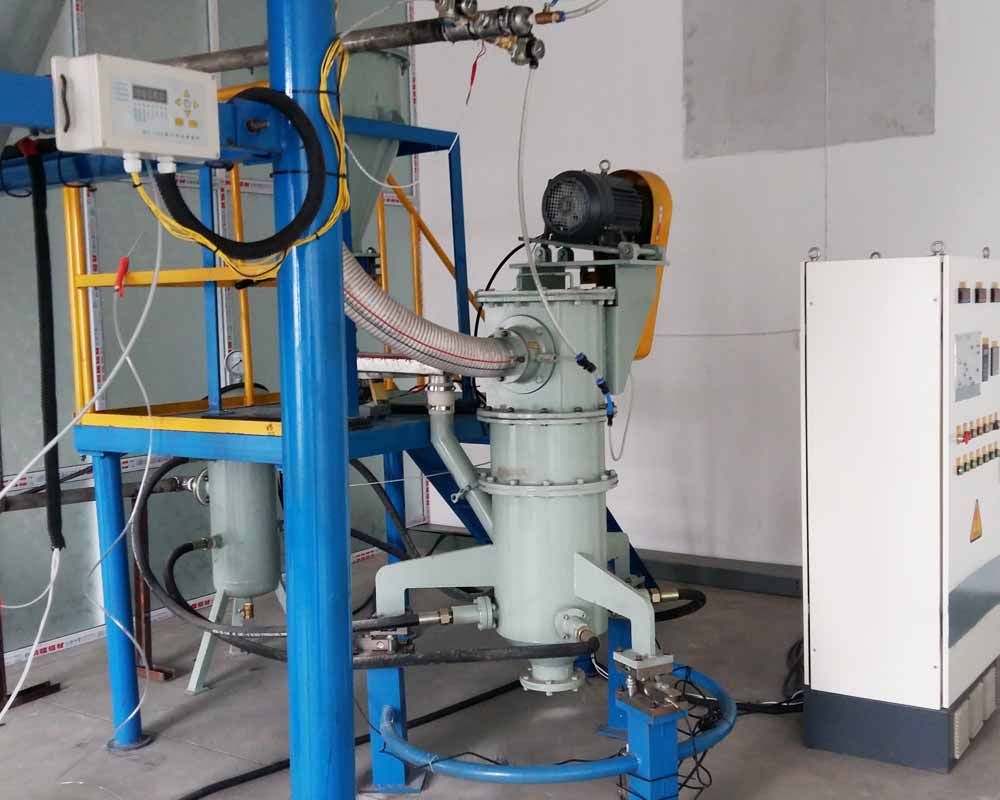Questions & answers about jet mill processing
The jet mill has become a commonly used processing equipment in the industry. The jet mill is widely used in chemicals, mining, abrasives, refractory materials, battery materials, metallurgy, building materials, pharmaceuticals, ceramics, food, pesticides, feed, new materials, It has a wide range of applications for ultra-fine grinding, breaking and particle shaping of various dry materials in environmental protection and other industries.

1. What are the main jet mills used in the industrial industry? In addition, among these types, which ones are used more?
The jet mills used in the industry mainly include flat jet mills, circulating tube jet mills, counter jet jet mills, target jet mills, and fluidized bed counter jet jet mills. Among the five types, flat jet mills, circulating tube jet mills, and fluidized bed counter-jet jet mills are used more frequently.
2. If very fine raw materials are subjected to ultra-fine grinding, can a jet mill be used? In addition, whether the feeding speed of the grinder will affect the granularity of the finished product?
For ultra-fine grinding of very fine raw materials, jet mills can be used. The feeding speed in the jet mill will not affect the particle size of the finished product.
3. What is the reason for the insufficient processing fineness of the jet mill?
If the processing fineness of the jet mill is not enough, it depends on the specific situation. If this problem occurs with a new machine, it is because the selection is incorrect, or the selection is wrong. If the problem occurs again after using for a period of time, it is because there is abrasion or malfunction in the machine and equipment. At this time, it should be handled by professional maintenance personnel and cannot be handled without authorization.
